Nigeria, 1943. The King is dead, and tonight his Horseman must escort him to the Ancestors.
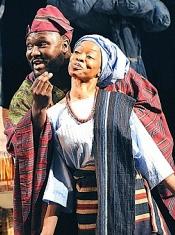
Now I’m going to admit up front that whilst I have always been aware of Wole Soyinka’s reputation, my first introduction to his works was in a biting (and in many ways hilarious) critical review in the brilliant book “Decolonizing the African mind” by renown Pan Africanist author Chinwezu. Since then I have since been able to come to my own conclusions about the worth of Soyinka’s cultural contribution to African literature and other than issues over style I do not find him wanting.
It is important to recognise that form should never become a barrier to substance, in Death and the King’s Horseman, Soyinka’s reputation for hybrid Afripean prose is well earnt. For a while I was watching the play and although the magnificence of the performers touched me, the manner or should that be language they used in articulating themselves became a barrier. Perhaps that last sentence you read is a good example of the type of clumsy articulation that frustrated me. Fortunately the cast and story line was superb and as a result, the expertly crafted stage performance had me hooked by the second act.
It is difficult to review such a play without giving way the plotline, and it is a suspenseful plotline maintaining its ability to hold your attention with enough twists and turns right until the final curtain. The topical British media focus on the decision to ‘whiten up’ the actors is not only juvenile but also purile when some ignorant commentators ridiculously assign racism with the act. The craft of masquerade is a central theme of ritual drama essential to African theatrical productions depicting the colonial and trans-Atlantic enslavement era. Its usage in Horseman injects a brilliant dose of satire to what are undoubtedly complex moral and cultural themes.
Those seeking cultural authenticity in prose will be disappointed, not by the quality of what they experience but by the unrealistic expectations of a work by Soyinka. But if they are seeking a powerful yet nuanced cultural exchange of ideas making the complex accessible, the mundane, both entertaining and compelling, then Death and the King’s Horseman excels.


Death and the Kings Horseman by Wole Soyinka
It is important to recognise that form should never become a barrier to substance, in Death and the King’s Horseman, Soyinka’s reputation for hybrid Afripean prose is well earnt. For a while I was watching the play and although the magnificence of the performers touched me, the manner or should that be language they used in articulating themselves became a barrier. Perhaps that last sentence you read is a good example of the type of clumsy articulation that frustrated me. Fortunately the cast and story line was superb and as a result, the expertly crafted stage performance had me hooked by the second act.
It is difficult to review such a play without giving way the plotline, and it is a suspenseful plotline maintaining its ability to hold your attention with enough twists and turns right until the final curtain. The topical British media focus on the decision to ‘whiten up’ the actors is not only juvenile but also purile when some ignorant commentators ridiculously assign racism with the act. The craft of masquerade is a central theme of ritual drama essential to African theatrical productions depicting the colonial and trans-Atlantic enslavement era. Its usage in Horseman injects a brilliant dose of satire to what are undoubtedly complex moral and cultural themes.
Those seeking cultural authenticity in prose will be disappointed, not by the quality of what they experience but by the unrealistic expectations of a work by Soyinka. But if they are seeking a powerful yet nuanced cultural exchange of ideas making the complex accessible, the mundane, both entertaining and compelling, then Death and the King’s Horseman excels.


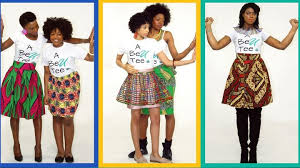
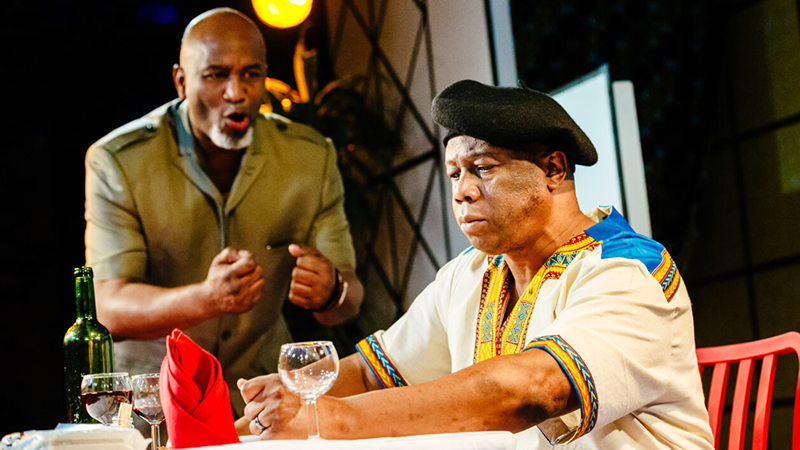
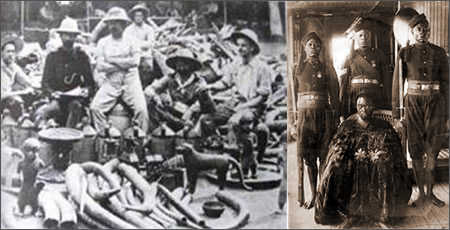
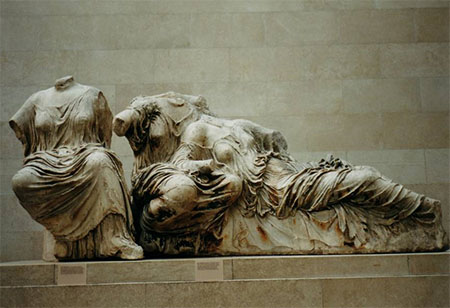
Get involved and help change our world